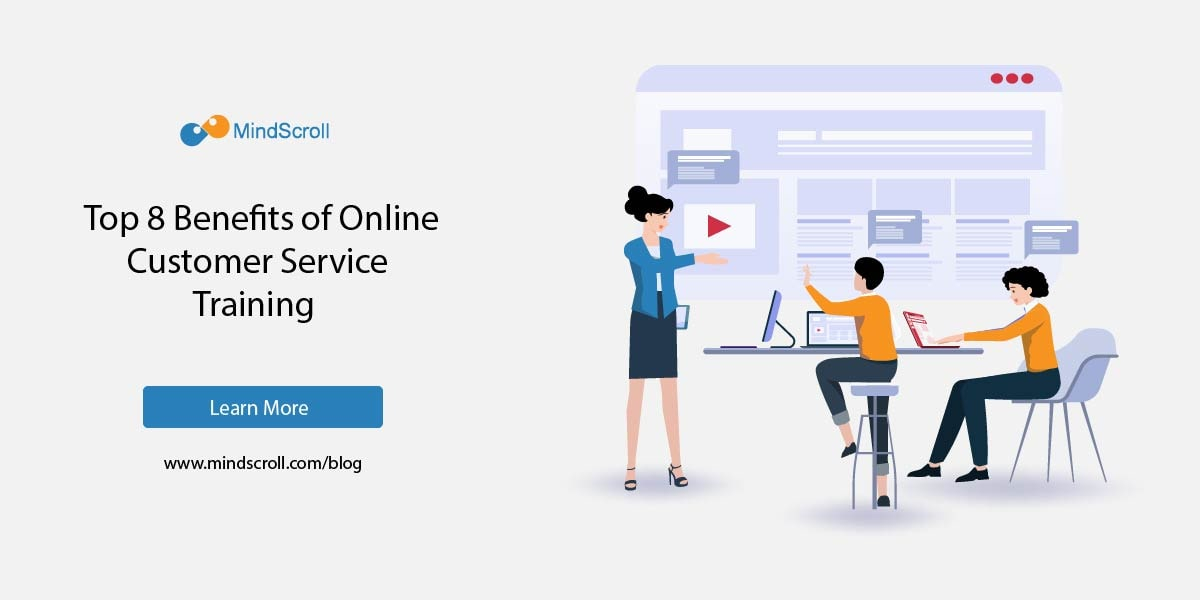With a pile of innovation and ideas generating everyday, it is impossible to strum a friendly chord with all the concepts and tools that the age of internet has to offer. You may be reasonably comfortable with the browsers and socials networking sites but for once there pops up an e-term that leaves you bewildered. One such concept is LMS or Learning Management System which, despite being used for decades, is still unfamiliar to many. You must have heard of the term LMS irrespective of whether you are a student, employee, or even a manager and why not! The software has a broad range of benefits to offer to anyone indulged in the learning process.
Here we bring you the guide to drum all the things that you need to know about Learning Management System, into your mind.
What is an LMS?
LMS or Learning management system is a software which assists the users with e-learning programs by hosting, managing, organising and evaluating the web-based courses for the learners. Like the spine of e-learning system, LMS provides a support framework to the learning process. Putting it simply, the software enables users to perform the work of putting together the course material and performing the activities of managing, tracking and evaluating the learning process.
Who uses the LMS?
Primarily a learning management system can be presumed helpful only for the students but the truth is, organisations and companies are witnessing an upsurge in adopting the software for better efficiency of employees and subsequently, work.
Corporates are increasingly using the software for not only orientation of new employees but also to train and educate the existing employees for better results. Business organizations of almost every size are increasingly adopting LMS in their learning and development strategy.
Managers are adopting LMS in the process of tracking and evaluating the work record of employees. Thus, Learning Management System is not just a software to assist the e-learning process but also a necessary ingredient for a systematic and skillful function at the workplace.
Conventional educational institutions like schools and colleges, institutions offering distant education programs, government organizations, NGOs etc. are also some of the major users of LMS.
How to deploy an LMS?
Once you know what an LMS is and what is it used for, the next query would be how to install the software. LMS can be deployed in two ways and to make your best pick, you must know about both, minutely.
1. Self-Hosted LMS
Self hosted LMS is actually a web application which needs to be downloaded and installed on your own server. Deployment of a self hosted LMS require thorough technical knowledge of software installation, back up and updates.
Self-Hosted LMS applications provide greater control and scope for customization however the down side is that you usually have to pay for updates.
2. Cloud-Based LMS (SaaS)
Cloud-based LMS are basically subscription based LMS provided by a third party LMS provider. No additional installation of a hardware or a software is required, you just need internet access and a browser. Users can log in to the learning management system with a username and password and can access the learning content hosted on LMS.
Cloud-Based LMS is preferred more because of its low installation maintenance cost and faster setup. The LMS vendor maintains the system and carries out updates or upgrades.
What is an LMS used for?
1. Employee training
We start with the most primary use of LMS which is skill development of employees. Any changes in the product or strategy of the business can be easily communicated to the employees by creating the relevant course material within the LMS which can be accessed by the employees for training.
2. Employee orientation
Often large organisations experience the problem of training the new hires about the company and it's various functions. LMS makes it easy to conduct new hire orientation of each employee by enabling organization to create and deploy New Hire Induction Program. This program educates employees about the history of the company, it's objectives and the job profile of respective individual.
3. Customer education
There is always a need to brief the customers about the product and its usage. For example, a company creating software will require to train it's customers about the usage of the product which can be easily done by LMS. Therefore, LMS is an apt resort when the customers need to be educated about the product or business process.
4. Sales enablement
Learning Management System or LMS can be a really helpful for a firm to educate their sales team about the advancement in business and launch of new products thus widening the scope for your sales and business. It can also help the organization to keep their sales force updated about new offers and features that enable them to close the sales faster.
Why choose LMS?
With a platform providing such a broad range of functions to its users, the benefits, needless to say, are huge and multiple. If paired appropriately with the objectives of the organization, Learning Management System can do wonders for your organization.
1. Smart training
There is centralised study material that is needed in the process of training employees. The learners can easily access the course content and the learning process can be carried out in a personalised, faster and more personalised way.
2. Follow up and appraisal
The supervisors/administrators can track and evaluate learning progress of their team members and correlate it with their performance. This makes the appraisal process more objective and helps in identifying areas of improvement.
3. Time management and more economic
Use of learning management system saves the time spent on training employees in a classroom mode. The learners can now learn at their own time and pace, just by logging into the cloud-based LMS. This helps in saving both time and cost for the organization.
4. Improved employee performance
There is continuous learning of employees which leads to better performance. Access to learning content anytime helps the workforce to enhance their skills and knowledge without having to take out extra time from work. Continuous training of existing employees helps them to stay updated on the product and strategy changes and upgrade themselves according to the dynamic environment.
In a nutshell, if an organization is deploying Learning Management System to a proper use, keeping in mind the objectives and work of the firm, it can prove to be a boon for the business and the people. Time and Cost reduction, better management, continuous evaluation and increased learning, are few major reasons why organizations are banking more and more on LMS.
To dive deeper into the practical world of Learning Management Systems, take a trip around MindScroll Free Trial and experience the process yourself.
LMS, Learning Management System, Cloud LMS, Open Source, Sales Enablement, Sales Training, Product Training, Sales Skills, Sales Process, Employee Development, Corporate Learning Strategy, Corporate LMS, Employee Engagement, What is LMS, Customer Training




